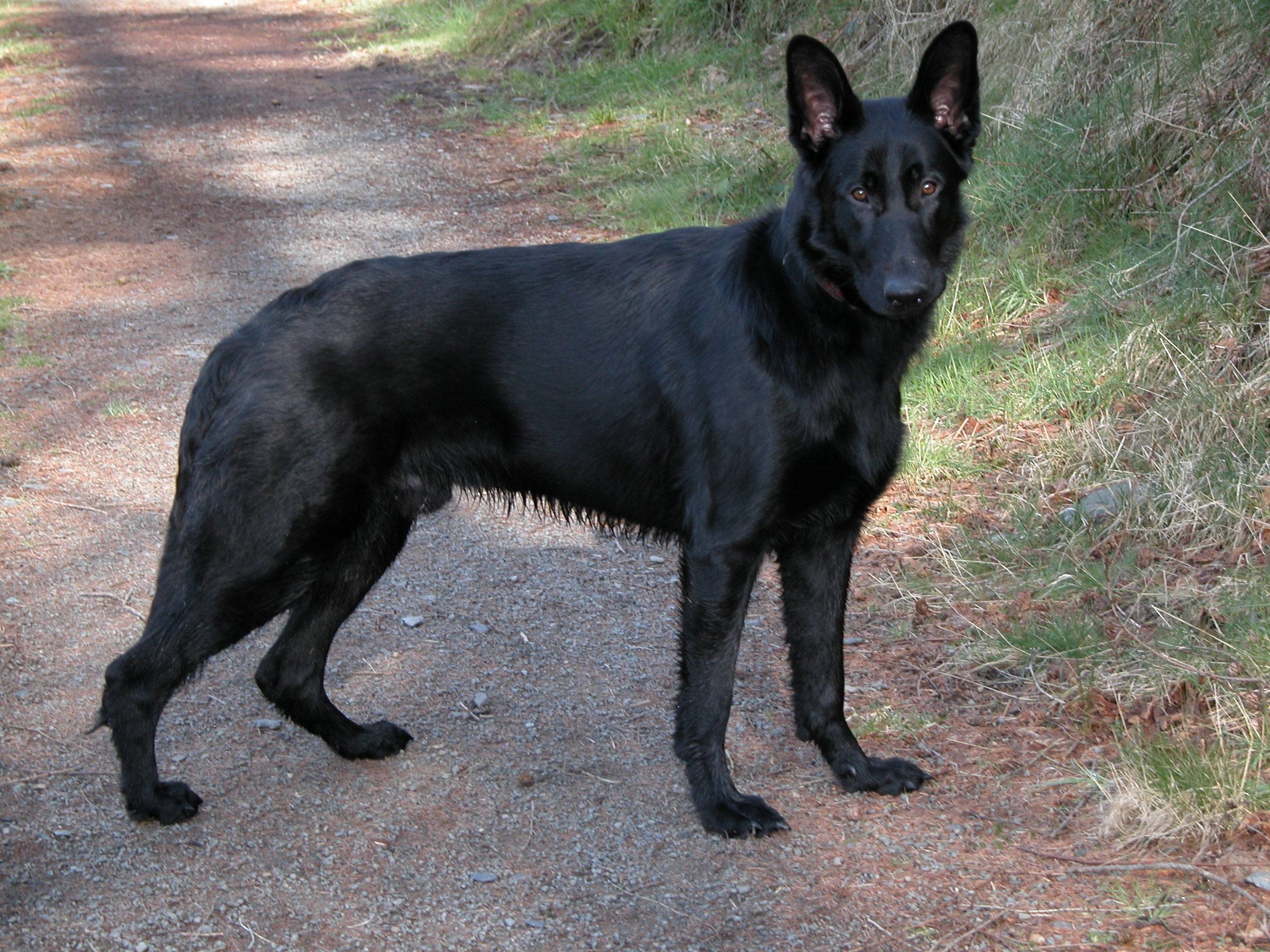The emergence of Spring into Summer, with flowers, tree blossom, green shoots and singing birds will I’m sure uplift the spirit and bring joy to all. However, for some it also brings familiar symptoms of sneezes, itchy eyes and a runny nose. Do our dogs suffer with the same discomfort and what are the signs and symptoms?
Like us humans, hay fever (inhalant dermatitis) is common in dogs, and unfortunately there is little we can do to combat it. It occurs in about 10 percent of dogs and is present in both pedigrees and cross-breeds.

However, hay fever is even greater in pedigree dogs since allergies can be sometimes passed down as an inherited trait. Certain breeds like Irish Setters, Poodles, Schnauzers, Dalmatians and many breeds of Terrier are the more common breeds to suffer.
Question: Can Dogs Get Hayfever Like People Do?
Like people, dogs are often allergic to pollen, dust and airborne moulds. However, the biggest difference is that humans will often get runny eyes and cough and sneeze, while a dog will suffer the same and become itchy all over. This is because the histamines released by the body in response to pollen in animals are mostly released in the skin rather than in the nose and eyes.
Itching & Hayfever in Dogs
You may notice your dog itching and scratching more than usual. This is due to the irritable particles in the air. This itching is usually concentrated in the ears, feet, groin, and armpits, though it can be spread across the entire body. Your dog may then develop a rash or ‘hotspots’ in certain areas.
Other Symptoms
Dogs with hay fever may also experience a runny nose, sneezing and watery eyes – symptoms we are all too familiar with.
What Can We Do To Stop Hay Fever In Our Dogs?
Here are some top tips for reducing hay fever in your dog…
- No not walk your dog in long, tall grasses.
- Do not allow your dog free roam of the garden; sniffing in flower beds and rolling on the grass will not help your dog’s allergy. Keep them in a patio or fenced off area away from anything that may produce pollen.
- If your dog has a long coat, make sure you keep it clipped during the summer months. This will stop pollen becoming trapped in the long hairs.
- Once your dog returns from a walk or playing in the garden; give them a good brush to remove some of the pollen particles. A damp towel will also remove some of the particles trapped in their coat.
- Give your dog regular flea treatment. Fleas are also more common during the summer months and are one less thing your dog will want hiding in their coat.
- Give your dog cool and gentle baths to soothe the skin.
If your dog is still suffering with symptoms it will be advised to take them to the vet so that they can view the extent of the problems. The most common medications given by vets are anti-inflammatories, corticosteroids and antihistamines. Your vet can best determine what combination and dosage should be used.
You could also try medicated shampoos that are soothing and can provide temporary relief to inflamed skin.

